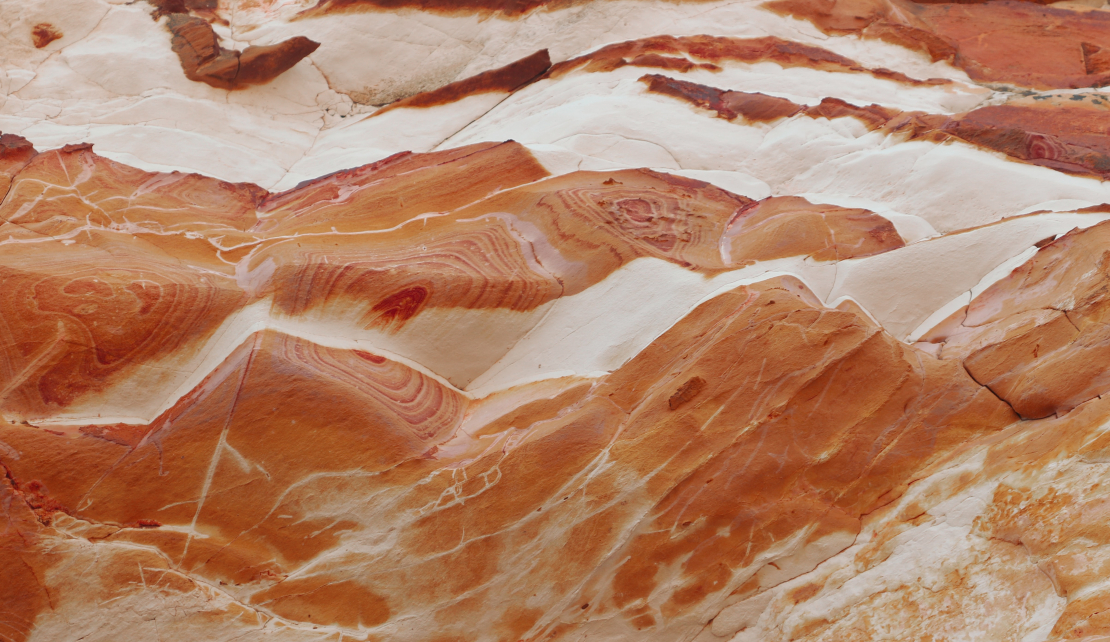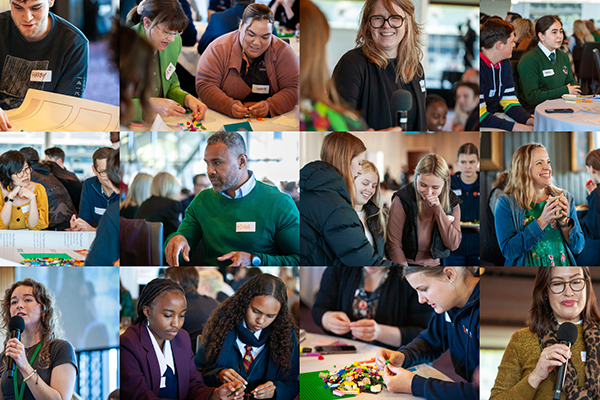Over the past year, Aboriginal and Torres Strait Islander People have marched with allies in solidarity with the Black Lives Matter movement, highlighting the existing calls to Stop Aboriginal Deaths in Custody.
There have been calls for truth-telling to bring justice and healing and growing support at Invasion Day rallies. The theme of this year’s Reconciliation Week is “More than Words, Reconciliation takes Action” to signify the importance of taking meaningful and substantive action to challenge inequity and systemic racism. It’s important that when we talk about progress and solidarity that we centre First Nations leadership, self-determination and liberation.
At the organisational level, this means moving beyond operational, tick-a-box, tokenistic approaches under the guise of “inclusivity”, to having a genuine commitment to centering the experiences and leadership of First Nations People and communities, and, really examining the ways in which programs are designed and delivered. For Learning Creates Australia, this hasn’t happened organically, but through a continuous, concerted effort of our leadership team and the First Nations People that we work with.
Jan Owen, one of my fellow Co-Chairs at Learning Creates Australia, has the following to say about our collaboration:
"The fundamental and brutal reality is that without Reconciliation, without First Nations Voice, Treaty and Truth the full potential of all Australian children and young people will not be realised. And we will be poorer as a Nation on every measure as a result. The ability for First Nations children and young people to learn within a cultural context has been disrupted and dismissed by European settlement for the last 250 years.
The ways of working developed by the First Nations Social Lab team privilege self-determination in all design, engagement, development, training, teaching and learning. This principle of self-determination is applicable across all our work in not only ensuring First Nations young people thrive, but that we work with Aboriginal and Torres Strait Islander communities to build a diverse, equitable and inclusive education and learning system in Australia.
We are privileged to have the opportunity to undertake this work in collaboration with many First Nations young people, educators, policy makers, academics and community leaders across the country. Our intergenerational, diverse and networked leadership model at Learning Creates was a purposeful decision and opportunity for us to design, learn and grow together."
To enable a model of self-determined, First Nations leadership, we’ve had to have conversations about the design and delivery of the Learner’s Journey Social Lab. Ultimately, we felt it was essential that First Nations people can drive their own stream of work within the context of the social lab. This meant that the First Nations team were supported to design their own team structure, to determine the focus of their team’s workflows and processes, and how they would test and engage the community in their team's work. This is in contrast to the other social lab teams where they were given a predetermined focus area and structured set of processes and frameworks to work through. In practice, this work has relied on trust.
For First Nations people to be involved in the social lab, they are not only accountable to themselves, but to their families and to the communities where they work and live. This brings the responsibility of those First Nations members to be uncompromising on designing and practising in ways that align with their values, and for Learning Creates Australia, that has to be respected. There is a trust that the First Nations people involved in the social lab have placed with Learning Creates Australia. They are trusting Learning Creates Australia with listening and respecting the experiences, knowledge and skills that they bring to the social lab and that the work that is produced from the social lab supports all young people, including First Nations young people.
In turn, this has also meant that Learning Creates Australia has built trust in the First Nations team to also design and lead the work in a way that still aligns with the goals of the social lab. This is not always easy. For example, there have been times when the pace of the First Nations team has different or the community engagement process has started earlier. Ultimately, the social lab has had to be guided by the First Nations team and be comfortable in the uncertainty and flexible with the process.
First Nations Peoples and Communities have been at the forefront of driving systems change in Australia. Just one example of this is the Aboriginal and Torres Strait Islander community-controlled health sector that pioneered primary health care, ahead of the World Health Organisation. These services came about through the collective action and leadership of First Nations people in response to the poor access and discrimination they faced in the mainstream health system. They developed a radically different model of primary care, that has now been adopted by mainstream service providers (Freeman et al, 2016). There is much to gain from learning from and working with First Nations communities, as demonstrated by First Nations communities overseas.
Anthony Mackay, another fellow Co-Chair of Learning Creates Australia, expands on this:
"To enable powerful learning for all young people requires a commitment to equity at the heart of the education endeavour. We see this commitment in education systems across geographies dedicated to addressing systemic inequity & racism. We see it in British Columbia’s First Peoples Principles of Learning (FNESC, 2016). We see it in the recently released New Zealand publication ‘ Unteach Racism’ (Teaching Council of Aotearoa New Zealand, 2021). The message is clear - listen, learn, work in partnership and build trust with First Nations communities and learners."
Incorporating these learnings and centering First Nations self-determination and leadership opens up new opportunities for Australia to lead a new path. This path will build on the strength of Australia’s education system by grounding it on a foundation that is the longest continuing culture in the world and give all young Aboriginal and Torres Strait Islanders access to an education they can see themselves in.
Hayley McQuire is the Co-Chair of Learning Creates Australia, Co-Founder and National Coordinator of the National Indigenous Youth Education Coalition (NIYEC).
Bibliography:
First Nations Education Steering Committee (FNESC), 2016. First Peoples Principles of Learning. Available from: https://fnesc.app.box.com/s/vk9ovfe78fxo3qji3sw9r12ru562cyt4
Freeman, et al., 2016. Case Study of an Aboriginal Community-Controlled Health Service in Australia Universal, Rights-Based, Publicly Funded Comprehensive Primary Health Care in Action, Health Hum Rights. 2016 Dec; 18(2): 93–108.
Teaching Council of Aotearoa New Zealand, 2021. Available from: https://www.unteachracism.nz/



